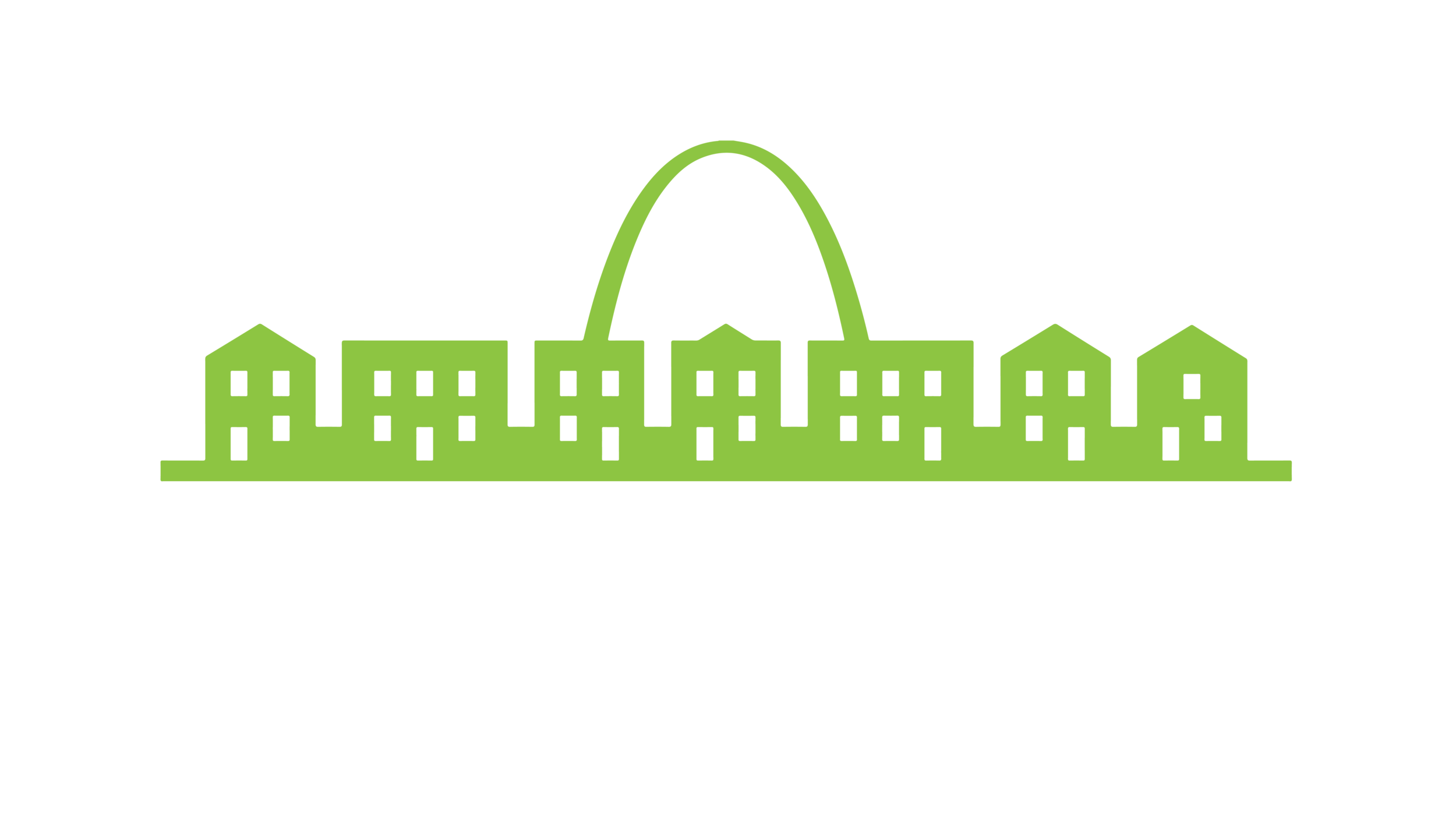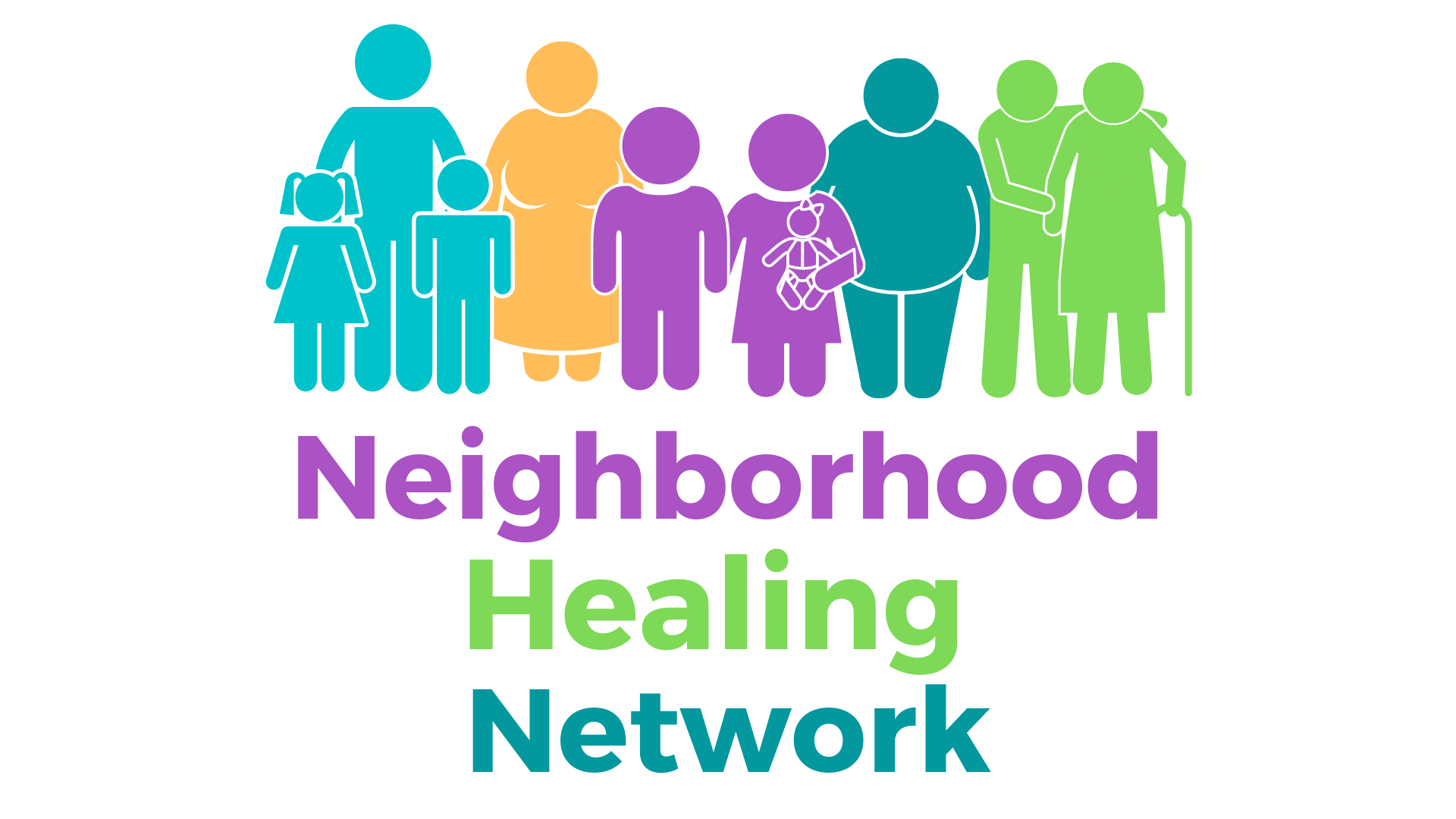Neighborhood Healing Network
According to FBI and St. Louis Metropolitan Police Reports, the number of homicides reported in the city in recent years has increased to historic levels, especially in the number of children killed. It's not just the victim affected when a violent crime takes place, it takes a toll on the behavioral, mental, and physical health of the entire neighborhood.
That's why ARCHS launched the Neighborhood Healing Network in August 2020. Funded by the Missouri Department of Social Services (Victims of Crime Act/VOCA), ARCHS is partnering with five non-profit hubs including Better Family Life, Boys & Girls Clubs of Greater St. Louis, Fathers & Families Support Center, Mission: St. Louis, and the Urban League of Metropolitan St. Louis.
The unique strategy behind ARCHS' Neighborhood Healing Network is to address both individual crime victims and victimized communities. When someone utilizes services at one of the hubs, staff will identify if they have been impacted by trauma and provide participants with resources to help overcome barriers to education and employment, creating healthier families in the long run.
The hub organizations were chosen due to their strategic locations across the City of St. Louis and their expertise to carry out Neighborhood Healing Network services. The hubs will also work closely with Alive & Well Communities and Crime Victim Center to organize educational programming for the public about abuse, victim rights, laws, violence, and available trauma-informed care.
By providing trauma-informed care and services, the Neighborhood Healing Network works to improve educational, economic, and health outcomes for individuals and communities.
The Neighborhood Healing Network is here to help you. We will identify if you've been impacted by trauma, provide emotional support, connect you to counseling and crime victim services, advocate for you and connect you to education and employment resources. Care for yourself.
To access these services through our Beyond Jobs program fill out the interest form.
Core services provided at Mission: St. Louis NHN hub:
Personal Advocacy: We will help you apply for public benefits, access and fill out the crime survivor compensation application, and we will provide you with transportation assistance.
Information/referrals: We will get you access to violence survivor resources, supports, and other services including legal and medical.
Community Engagement: We will organize educational programming to inform community members and partner agencies about the connection between trauma, crime and violence.
Emotional Support: Our trained staff members will organize self-help, peer, social support and drop-in group activities to help you process your experiences.
Employment Services: We will provide you with job training and leadership classes to help you start on your path to self-sufficiency and lasting employment.
Meet Toni
Toni is the Community Resource Specialist and has devoted her life to serving the people of her hometown in North City.
Toni graduated from STLCC-Florissant Valley with a certificate in addiction studies + an associate's degree in human services. She then went on to UMSL to earn a bachelor's degree in social work.
Toni is committed to helping people gain the knowledge, tools, + confidence they need to achieve their goals. She enjoys spending her free time with family + loved ones + going on Carnival cruises.
Contact Toni at toni.stovall@missionstl.org
Success stories
-
Ms. O.J. enrolled in our Beyond Jobs and in NHN. Ms. O.J was assisted with individual counseling for domestic abuse. She has recently moved into her own place and has been assisted with Home Sweet Home for furniture. Rejuvenating Comprehensive Services met with Ms. O.J. for her counseling needs. She stated she did not realize that she needed therapy, but is glad she took the step to talk to someone. She also stated that she knows she needs to continue with her counseling to help her cope with what she experienced to avoid it rubbing off on her child.
-
K.F. initially came to NHN as an in-house referral. During her intake, she revealed she had encountered community violence and been involved in a domestic violence situation. K.F. and her daughter experienced a horrific event at her apartment when the building was damaged by a drive-by shooting. The City of St. Louis condemned the apartment building due to poor structure damage that the landlord didn’t repair in a timely manner. K.F. found herself on the verge of homelessness, but was able to receive Emergency Financial Assistance and Affordable Housing funds from Mission: St. Louis. EFA received covered food, hygiene/household items, clothing and a gas card. She has been referred for counseling through the CVC. She was also able to participate in the Affordable Christmas program. K.F. said she doesn’t know where she would be without our program.
-
By providing trauma-informed care and services through five nonprofit hubs, the Neighborhood Healing Network will work to improve educational, economic, and health outcomes for individuals and communities. To learn more about the Neighborhood Healing Network, visit the website or STL Neighborhood Healing Network on Facebook.
-
* 18 or older
* A resident of St. Louis City or County
* Survivors of direct, indirect, or community violence
Questions? Contact Toni at toni.stovall@missionstl.org or reach the our main office at 314.534.1188
This project is made possible by the funding made available through the Victims of Crime Act Fund administered by the Missouri Department of Social Services, Division of Finance and Administrative Services. The opinions, findings, conclusions, and recommendations expressed in this publication/program/exhibition are those of the author(s) and do not necessarily reflect the views of the Department or the Department of Justice Programs.




